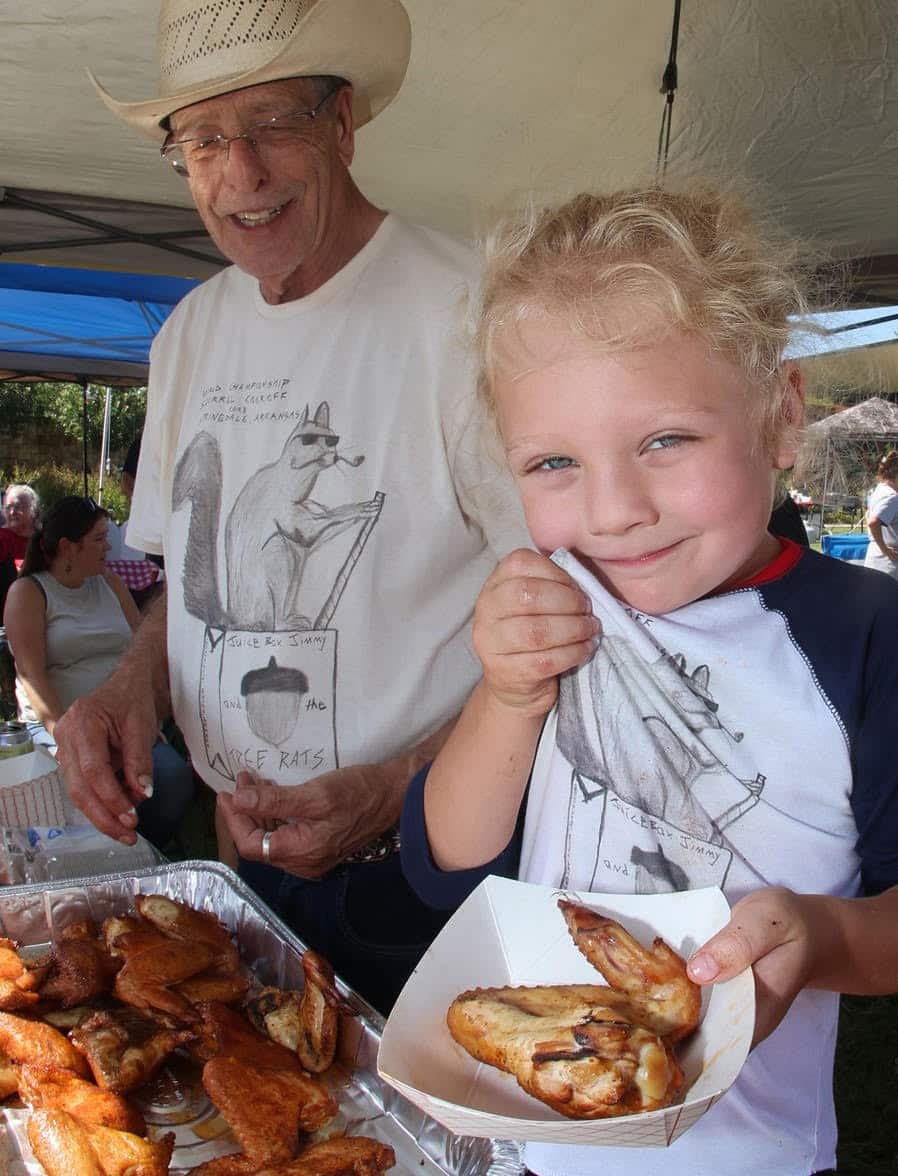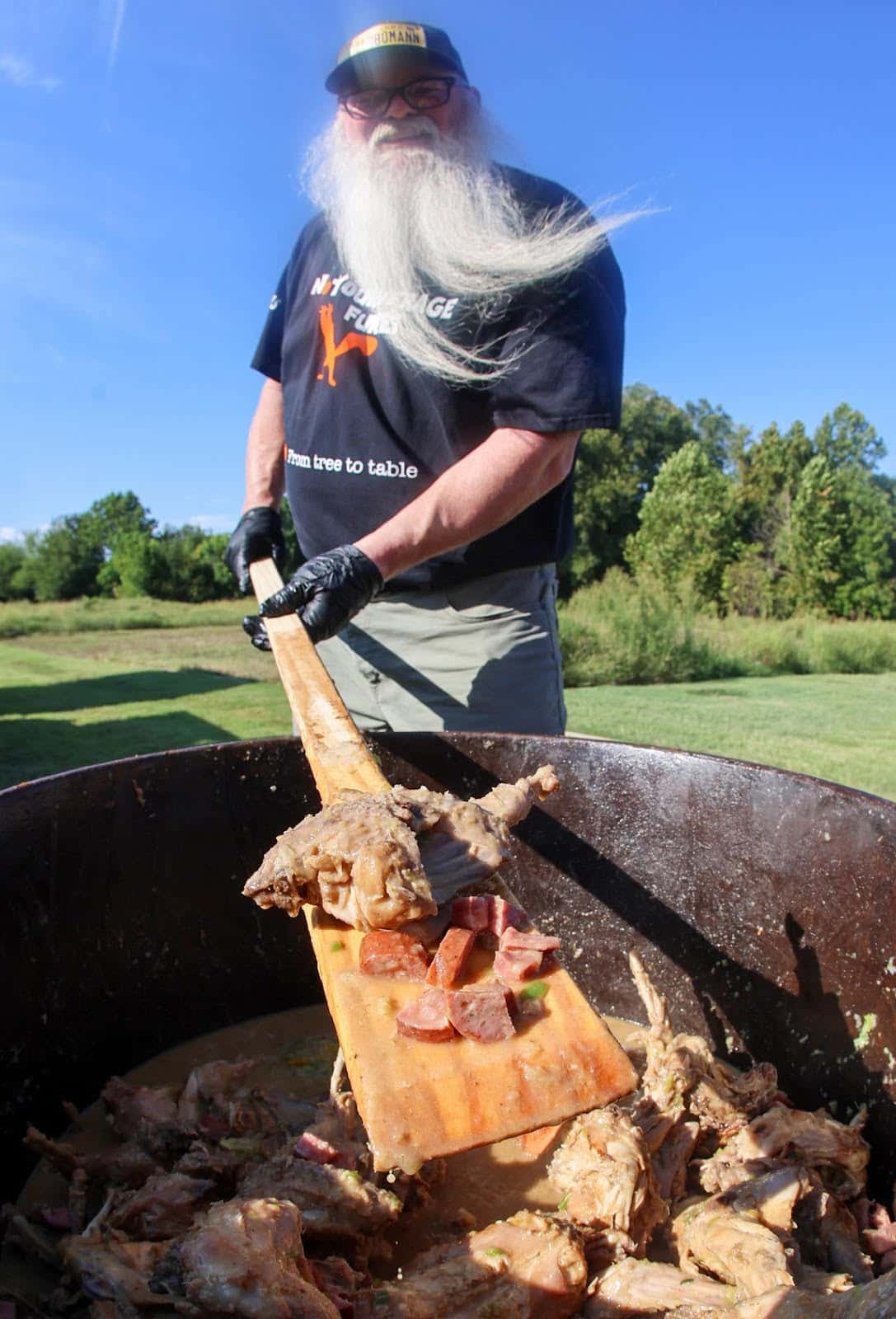Cossatot River (Robert Thigpen-Flickr)
LITTLE ROCK, Ark — The Arkansas Department of Agriculture, along with the U.S. Army Corps of Engineers (USACE), has completed the first phase of the Arkansas Water Plan (AWP) update as directed by Governor Sarah Huckabee Sanders’ Executive Order 23-27. Completion of Phase I marks a significant milestone in the preparation and development of a comprehensive program for the orderly development and management of the state’s water and related land resources that will benefit all Arkansans.
“Every Arkansan deserves access to safe, reliable drinking water. My administration’s ongoing review and update of our Arkansas Water Plan is key to that goal,” said Governor Sanders. “Completion of Phase I of our plan review is an important milestone and I look forward to moving on quickly to Phase II while we continue making needed investments statewide.”
“Governor Sanders has been the most proactive Governor in the country in addressing water issues,” said Secretary of Agriculture Wes Ward. “From signing Executive Order 23-27 that initiated an update to the Arkansas Water Plan, to initiating a statewide levee inventory and analysis to prepare for and mitigate future flooding events, to addressing critical groundwater issues for our state’s agriculture industry and administering over $2.5 billion in water development projects in all 75 counties across the state. There is no Governor that has devoted more time and effort to address water issues and ensure that Arkansas is set up for success for many years to come.”
Phase I required a comprehensive review of the existing Arkansas Water Plan to determine areas of significant change to be reevaluated or updated. Completion of Phase I included a total of seven stakeholder meetings that were held across the state from March to May 2024. Additionally, citizens were encouraged to provide feedback through a stakeholder survey. The Department used this data to better understand the state’s current water needs and to develop the goals for the Arkansas Water Plan update.
Completion of Phase I identified the following six goals for the Arkansas Water Plan Update:
Provide drinking water that supports public health and well-being.
Provide water that supports environmental and economic benefits to the state and supports interstate agreements.
Use the best available science, data, tools, practices, and technologies to support water resource planning and management for current and future needs.
Maintain and improve water supply, wastewater, stormwater, and flood control infrastructure and plan for future infrastructure needs.
Maintain, protect, and improve water quality to support designated uses of waterbodies.
Reduce the impacts of future flooding events on people, property, infrastructure, industry, agriculture, and the environment.
The update to the Arkansas Water Plan is being completed in two phases. Phase II is scheduled to begin before the end of the 2024 calendar year.























